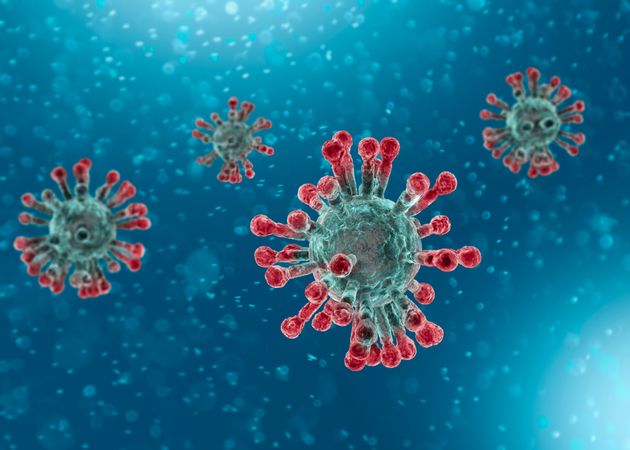Concern is growing in Cameroon over coronavirus, the country most affected by the COVID-19 global pandemic in Central Africa.
With more than 15,000 cases and about 400 deaths, Cameroon is far ahead of the Democratic Republic of Congo (DRC) and Gabon, according to the World Health Organization (WHO).
Paradoxically, the government has long since put an end to the daily update on the evolution of the epidemic in the country. On the front line, healthcare workers are suffering the consequences of their exposure to the deadly virus. A few days ago, Manaouda Malachie, the Minister of Public Health, said he was “deeply moved” by the losses suffered by the medical staff, but promised to “continue to improve the protection of health workers throughout this crisis.”
In an effort to relieve the overcrowded hospitals, tents have even been erected at the military stadium in Yaoundé, to accommodate patients.
According to project manager Eric Mayang, “the government’s slackness (in updating the COVID-19 situation) has led to the feeling among part of the population that the disease has been defeated.” He also pointed out that “there is a minority who do not believe that the coronavirus exists because no one in their entourage has it.”
However, the government seemed to be taking the bull by the horns by implementing a number of measures including the closure of borders, schools and universities, bars and restaurants after 6 p.m., etc. The government has not been able to prevent the spread of the disease.
But in the city of seven hills, some Cameroonians were quick to left barrier gestures on the altar of the survival of the informal sector which employs 90 percent of the working population. “You have to eat,” Mayang justified.
A few months ago, Stéphane Nama Mekoua was mocked by his neighbours for wearing a mask while going about his business. It would be catastrophic, according to this Administrative Assistant in a Non-Governmental Organization (NGO), to downplay the coronavirus epidemic to the point of comparing it to “malaria or typhoid fever.”
On a daily basis, economic recovery has taken precedence over everything else. COVID-19 has already entered the prisons. According to journalist Florine Dissake, “the government should have confined everyone,” but such a decision had to be accompanied by compensatory measures that the state “may not be able” to honour.
Unlike in the West, where populations have been on lockdown, few African states have taken this option because of the structure of their economies. Cameroon, which has closed its air borders since March 18, is preparing to reopen them to avoid a major plunge.
However, said the Public Health Minister, a negative COVID-19 test dating less than three days is mandatory for all passengers.”
This country is also facing, in recent weeks, the resurgence of measles. Thousands of cases have been reported in almost all regions. This contagious disease kills children between 9 and 59 months, whose vaccinations are severely disrupted by the pandemic.
Led with an iron fist by Paul Biya since 1982, Cameroon is also facing a security crisis in its northern part, where English-speaking armed movements are waging a secessionist battle.
ID/cgd/lb/abj/APA


